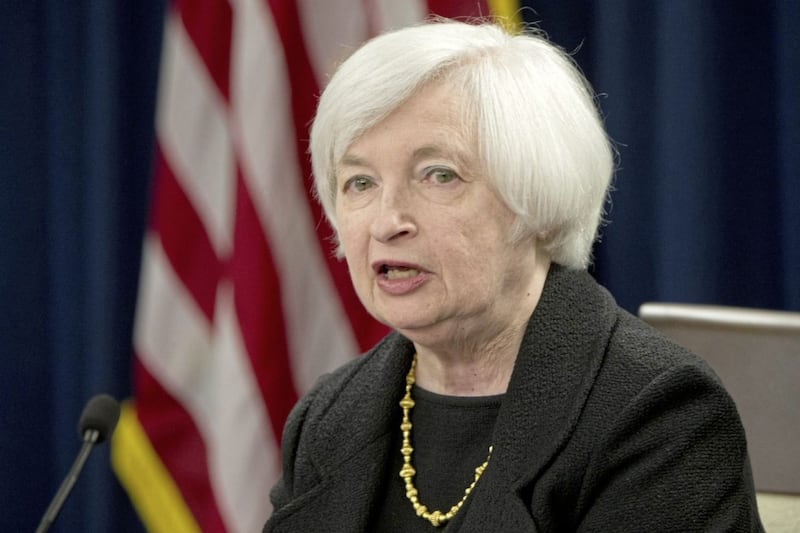GLOBAL financial markets have regained some sense of calm following the turbulence seen in the aftermath of the unexpected result of the UK referendum that saw a vote to leave the EU.
Sterling has stabilised over the past week at around 83p against the euro and $1.33 against the dollar, having fallen sharply on the referendum result.
Meanwhile, stock markets have managed to regain most of their lost ground. Ample liquidity also means that there is no sign of any stresses in money markets, while there are also expectations of more monetary easing, which is helping to support risk appetite. Markets have also come to realise that it is going to be some time before there are any real substantive changes to the institutional framework that governs the UK's relationship with the rest of the EU. T
he EU authorities have made it clear that the negotiations on this can only commence when the UK triggers Article 50 of the Treaty on European Union and formally notifies the EU that it wants to leave. The UK is in no hurry to do this. The negotiations are likely to last for two years so it could be the end of 2018 at the earliest, before the UK departs the EU.
Meanwhile, we could see more attention falling on the data calendar this week, after it largely took a backseat in the lead up to, and the initial aftermath of, the UK referendum.
The US schedule features Friday’s key release of the month, the June employment report. Non-farm payrolls have shown a marked slowdown in recent months. They are forecast to have increased by 180k in June, a solid improvement compared to May’s weak 38k. Overall though, payrolls look set to have recorded their weakest quarter of growth in at least four years which in turn has dampened the expectations on imminent US interest rate rises.
Elsewhere, the US unemployment rate is expected to edge up to 4.8 per cent in June, having fallen from 5 per cent to 4.7 per cent in May. However, declines in the labour force (-820k in April/May) played an important role in this. Despite the low level of unemployment, year-on-year growth in earnings has remained subdued, at around 2.5 per cent.
In terms of monetary policy, we get the minutes from the June FOMC meeting on Wednesday. Markets will be looking for any discussion around the UK vote and the potential impact a ‘leave’ vote could have.
Fed Chair Yellen stated at the June meeting that the referendum “factored” in the decision to keep policy on hold. Similarly, markets will be analysing Thursday’s latest ECB meeting ‘account’ as they look for any discussion of potential policy contingencies in the event that the UK voted to leave the EU.
In the UK, the services PMI for June is the main release and is forecast to have weakened, likely reflecting the uncertainty ahead of the referendum vote. Elsewhere, industrial production on Thursday is expected to have fallen in May after rising strongly in April.







